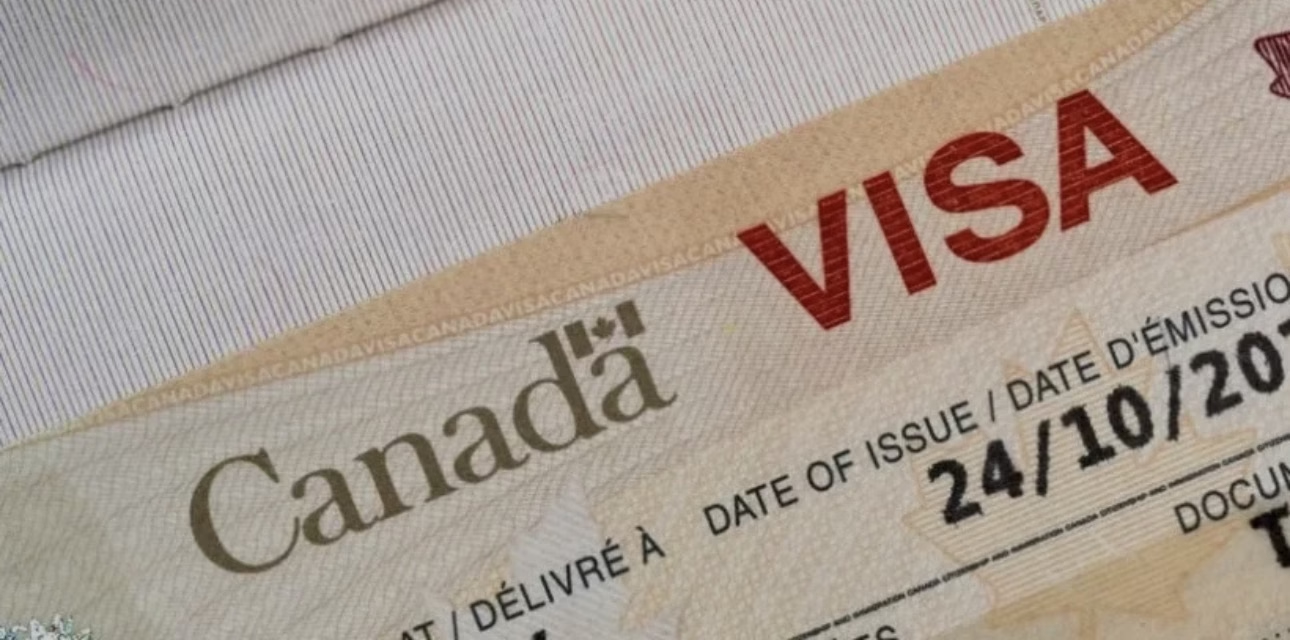Canada Unveils Major Incentives for International Master’s & PhD Students Beginning 2026

Canada has announced a sweeping new policy aimed at attracting more highly skilled international graduate students as part of its long-term strategy to strengthen global research, innovation, and talent development.
The new measures, released by Immigration, Refugees and Citizenship Canada (IRCC), introduce significant incentives for international Master’s and PhD applicants, with implementation beginning January 1, 2026.
Graduate Students Exempt From Study Permit Cap
In a major shift, Canada will remove Master’s and other graduate-level students from the national study permit cap, provided they enroll at public universities. This means international students pursuing:
- Master’s programs
- PhD programs
- Other public university graduate studies
…will no longer compete for limited annual study permit allocations.
This exemption is expected to make Canada one of the most attractive destinations for advanced studies globally, especially at a time when many countries are tightening immigration pathways.
IRCC says the policy is aimed at “strengthening Canada’s role in global research and innovation” and ensuring that highly skilled talent can continue contributing to the country’s academic and economic growth.
14-Day Study Permit Processing for PhD Applicants
Another groundbreaking measure is the introduction of an accelerated 14-day processing period for PhD study permit applicants.
This fast-track system is designed to:
- Speed up entry for international researchers
- Reduce administrative delays
- Support Canada’s innovation economy
- Attract top global talent from Africa, Asia, Europe, and other regions
The quicker processing time is expected to clear longstanding bottlenecks, especially for students who need timely entry for research and academic timelines.
Why This Matters
Canada has been facing criticism recently for tightening student visa policies for undergraduates. Analysts view this new announcement as a strategic shift: while limiting lower-level intakes, the country is now prioritizing high-skilled academic migration that can immediately support research institutions and the labour market.
Education consultants in Ghana say the policy change will boost opportunities for Ghanaian graduates seeking international research pathways, particularly in:
- Engineering
- Health sciences
- Computer science and AI
- Environmental and agricultural sciences
- Business and public policy
Effective Date
All measures take effect January 1, 2026, according to IRCC.
Looking Ahead
With global competition for skilled talent intensifying, Canada’s new incentives place the nation in a strong position to attract the world’s brightest minds. Immigration experts believe this will open new doors for thousands of Ghanaian students aspiring to pursue graduate studies abroad.
Nsemgh will continue monitoring updates from IRCC and Canadian universities as implementation nears.

